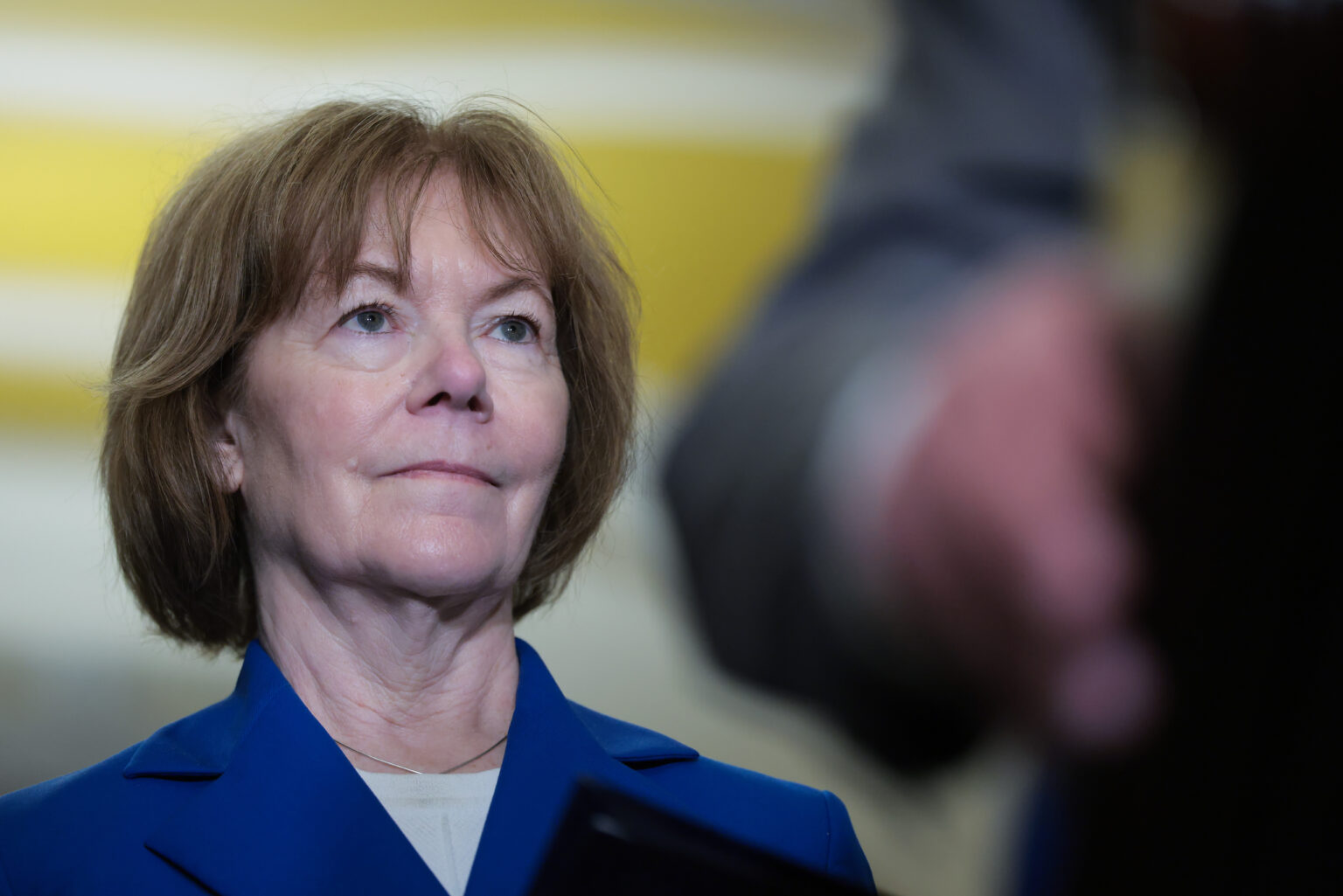Tensions Rise in the Wake of Political Violence: Senators Confront the Aftermath of a Tragic Shooting
A Moment of Confrontation Amidst National Tragedy
In the aftermath of a devastating shooting that claimed the lives of two Minnesota state lawmakers, Senator Tina Smith of Minnesota experienced a poignant moment of dialogue with a colleague that underscored the fragile state of political discourse. Less than three days after the tragedy, Smith was seated in the Senate chamber, awaiting a fellow senator’s arrival, when an unexpected encounter unfolded.
Social Media Sparks Controversy and Political Blame
The incident was quickly followed by a contentious social media post from Senator Mike Lee (R-Utah), who attributed the violence to left-wing political ideologies. “This is what happens,” Lee wrote, “when Marxists don’t get their way,” implying a direct link between political extremism and the shooting. Such statements ignited widespread debate and concern about the tone of political rhetoric in the United States.
A Personal Response to Political Violence
In an interview, Senator Smith expressed her dismay at the incident and her desire to address the issue directly. She recounted seeking out Lee on Monday evening, as senators returned to Washington following the weekend’s tragic events. The shooting had resulted in the deaths of Minnesota State Rep. Melissa Hortman and her husband, Mark, shocking the nation and prompting urgent discussions on security.
A Face-to-Face Conversation in a Divided Atmosphere
When Lee briefly entered the chamber to cast his vote, Smith quickly approached him, seeking a private conversation. She explained, “People like you and me don’t often speak directly, but this was something that needed to be addressed face-to-face.” The exchange, though brief, was notable for its rarity-an instance of bipartisan engagement amid heightened partisan tensions.
The Broader Context of Threats Against Lawmakers
This encounter occurred against a backdrop of increasing threats against elected officials. Last year, the U.S. Capitol Police documented nearly 9,500 concerning statements and direct threats targeting members of Congress, their families, and staff-an increase from approximately 8,000 the previous year. The climate of political hostility has made safety a growing concern for lawmakers across party lines.
Security Concerns and Preventative Measures
Following the shooting, the Senate sergeant at arms announced a security briefing scheduled for Tuesday morning, emphasizing the importance of safeguarding members. Senate Majority Leader John Thune (R-South Dakota) highlighted the heightened alertness among senators, emphasizing that protecting their safety remains a top priority.
Calls for Enhanced Security Protocols
In response to the violence, some senators have advocated for stronger security measures. Senator Amy Klobuchar (D-Minnesota), along with Senator Ted Cruz (R-Texas), previously proposed legislation to remove personal addresses from online databases, aiming to reduce targeted threats. Klobuchar indicated that the Senate should revisit such measures, emphasizing the need for ongoing improvements in lawmakers’ security.
Political Rhetoric Under Scrutiny
The widespread condemnation of the Minnesota shootings was contrasted by Lee’s social media posts, which drew sharp criticism from colleagues. Senate Minority Leader Charles E. Schumer (D-New York) called Lee’s remarks “sickening,” while Senator Dick Durbin (D-Illinois) condemned the rhetoric as dangerous and inciting further violence. Such comments underscored the urgent need to address the tone of political discourse.
Expressions of Solidarity and Compassion
Amidst the tense atmosphere, several senators approached Smith to offer condolences. Senator Marsha Blackburn (R-Tennessee) expressed her sympathies, while Senator Maggie Hassan (D-New Hampshire) asked if she could offer a comforting hug. Smith gratefully accepted, exemplifying moments of bipartisan compassion in a time of crisis.
Moving Forward: Addressing Violence and Protecting Democracy
The tragic events in Minnesota have reignited debates over political violence, security, and the responsibilities of elected officials to foster respectful dialogue. As the nation grapples with these issues, lawmakers are increasingly aware of the importance of safeguarding their communities and promoting civility in political engagement.

